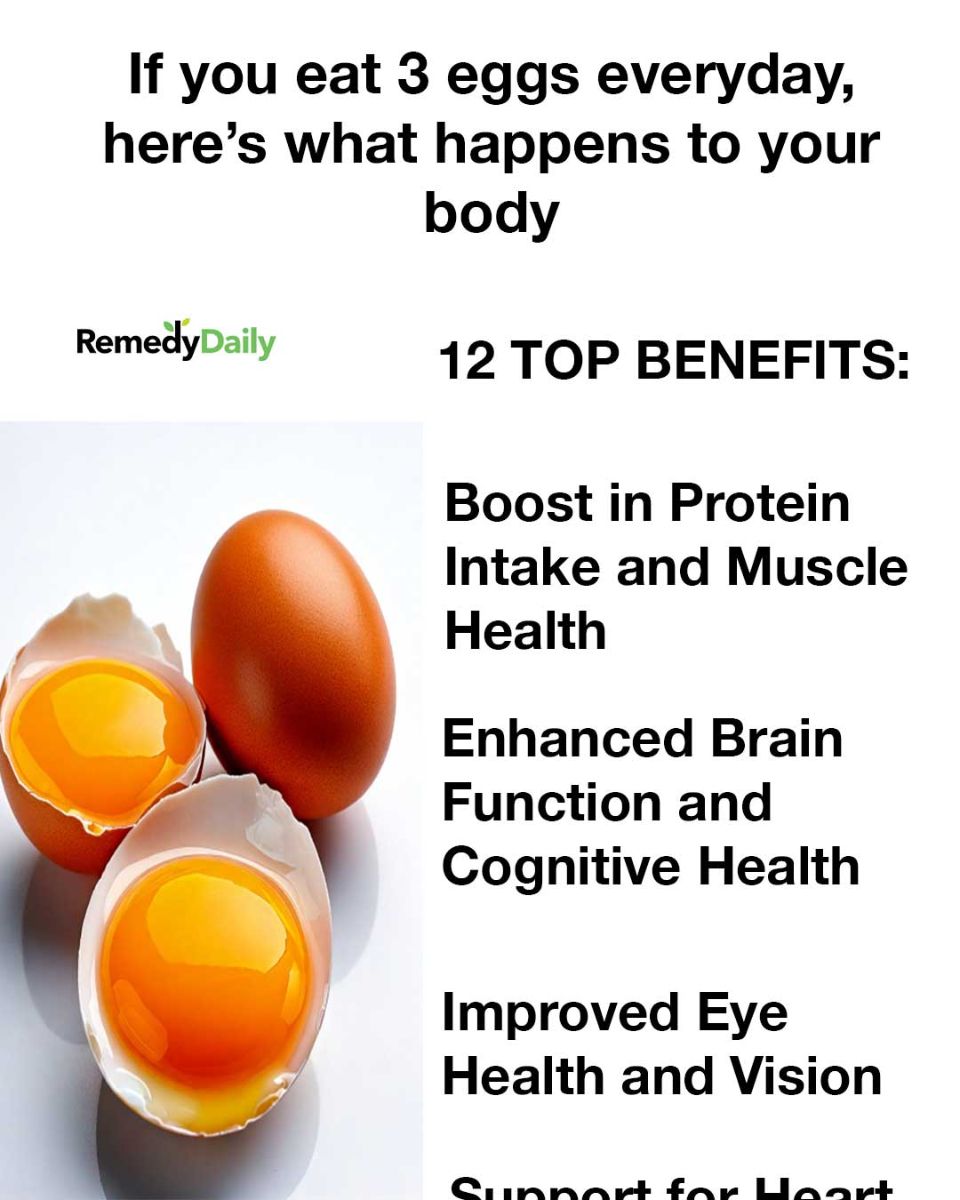9. Support for Bone Health
Eggs are one of the few natural food sources of vitamin D, which is essential for calcium absorption and bone health. Adequate vitamin D levels help maintain bone density and reduce the risk of osteoporosis. Including eggs in your diet can support strong bones and overall skeletal health.
10. Regulation of Blood Sugar Levels
The protein and healthy fats in eggs can help stabilize blood sugar levels by slowing the absorption of glucose into the bloodstream. This can be particularly beneficial for individuals with insulin resistance or type 2 diabetes, as it helps prevent spikes and crashes in blood sugar levels.
11. Positive Impact on Mental Health
The nutrients in eggs, such as omega-3 fatty acids, vitamin D, and B vitamins, have been linked to improved mood and mental health. These nutrients play a role in neurotransmitter function and can help alleviate symptoms of depression and anxiety. Regular egg consumption may contribute to better mental well-being.
12. Contribution to Overall Longevity
The comprehensive nutrient profile of eggs supports various aspects of health, potentially contributing to increased longevity. By supporting heart health, brain function, and immune response, eggs can be part of a balanced diet that promotes a longer, healthier life. However, moderation and individual dietary needs should always be considered.
Conclusion: Balancing Egg Consumption in Your Diet
While eating three eggs a day can offer numerous health benefits, it’s important to balance egg consumption with other nutrient-rich foods. A varied diet that includes fruits, vegetables, whole grains, and lean proteins will ensure you receive all the necessary nutrients for optimal health. As with any dietary change, it’s advisable to consult with a healthcare professional, especially if you have specific health concerns or conditions.
